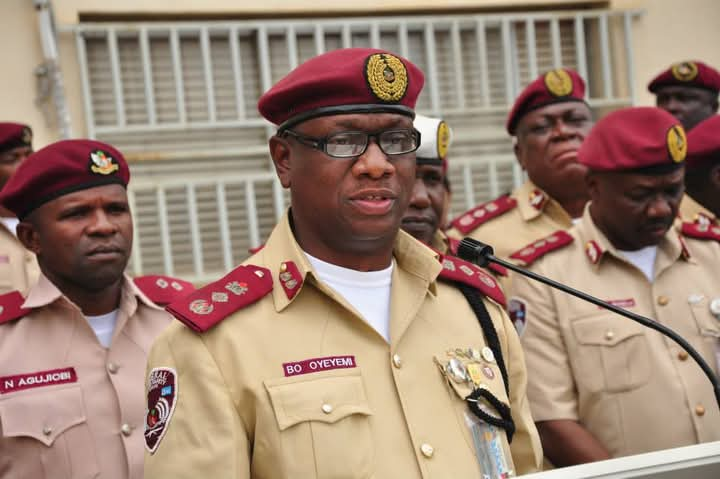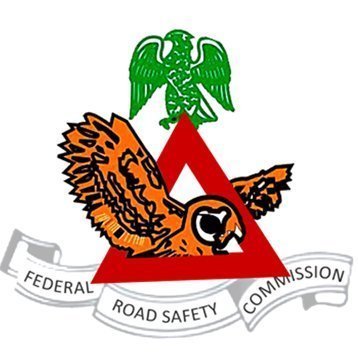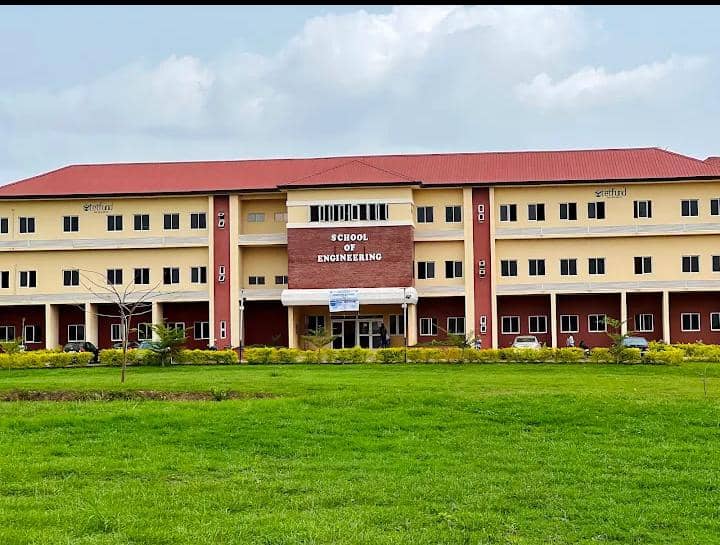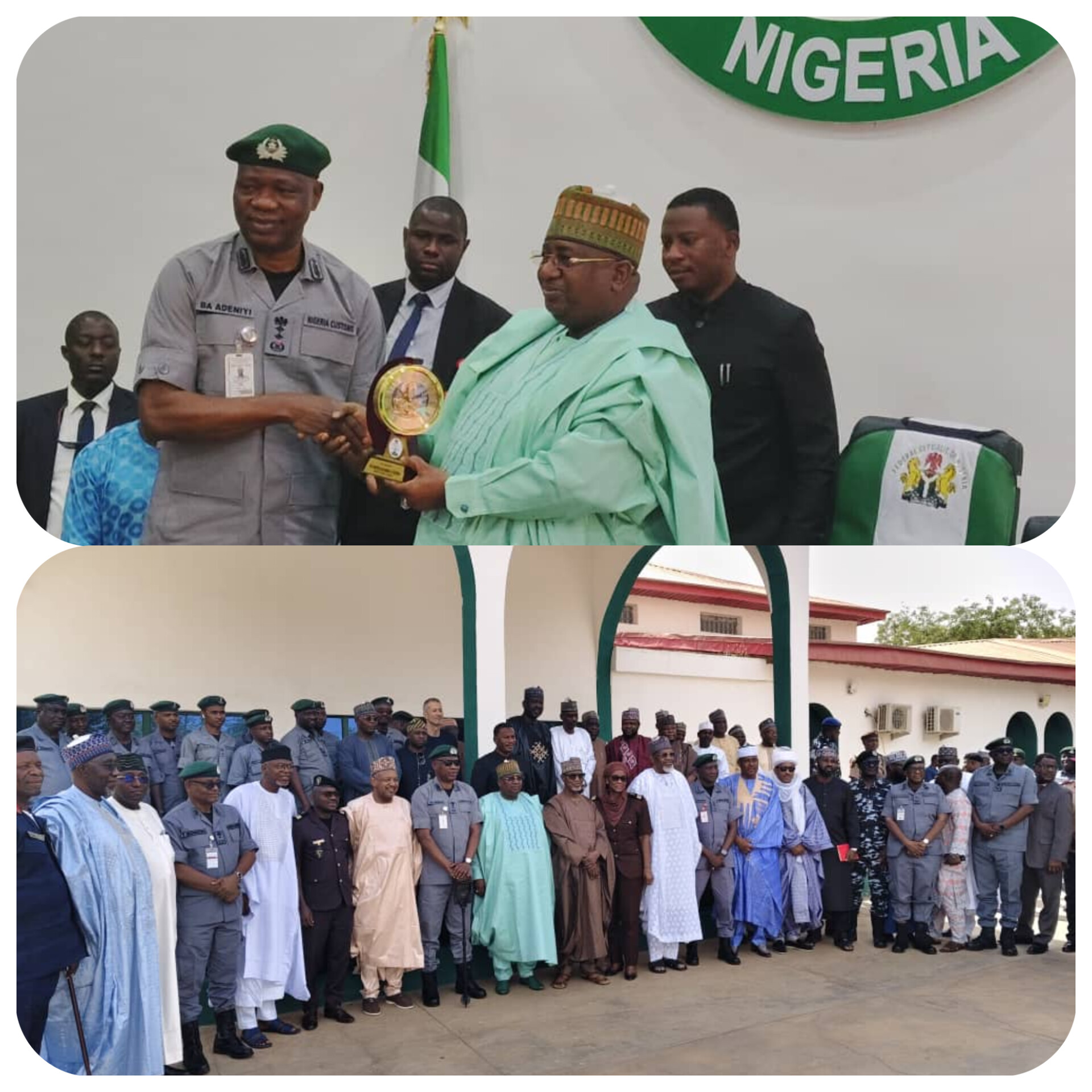Escalating Road Crashes: A Wake-call to FRSC on Competence. By Gidado Khaleel

Escalating Road Crashes: A Wake-call to FRSC on Competence

The recent data released by the Federal Road Safety Commission (FRSC) has placed an accusing finger on the competence of the road managers in check mating accidents and fatalities on the highway.
The data confirms that Nigeria has continued to witness a troubling rise in fatalities from road traffic crashes this year, with the first quarter marked by several tragic incidents.
With this recent data on tragic incidents showing a deepening crisis on the nation’s highways, Nigerians indeed wake up daily to disturbing reports of containers tragically dropping from trucks on passenger buses, cars and bystanders on the roadside; fuel tanker accidents crushing innocent people to death or igniting fire that claim scores of lives, consuming vehicles, buildings and other goods.

In the first quarter, between January and March 2025, the FRSC recorded 2,650 crashes, resulting in 1,593 deaths and 9,298 injuries.
Compared to the same period in 2024, the number of fatalities rose by a staggering 8.3 per cent, signalling an increase in the severity of these accidents. Injuries also jumped by 7.4 per cent within the same period.
Among the most deadly corridors was the Jos–Lafia–Makurdi route, where 1,539 lives were lost in the first three months of the year, a chilling reflection of the high-risk nature of certain highways.
A recall of few examples shows that on January 11 in Plateau State, a bus crash left 19 dead and 11 injured; January 22 in Ilorin, Kwara State, a trailer-truck collision claimed 18 lives; February 1 on Ore–Lagos Road, Ondo State, two buses collided and got burnt, killing 30; and on February 14 in Kano State, a collision between a trailer and a goods vehicle killed 23, injuring 48.
While full data for the second quarter of the year, April to June is yet to be released by the FRSC, early signs suggest no improvement.
A few examples will suffice: On April 19 on Ife–Ilesa Road, Osun State, a collision between a trailer and a Toyota Hilux killed five people, including a child.
On May 5 on Abuja–Lokoja highway (Gada‑Biyu), a Peugeot bus tyre burst, plunging into a ditch and killing one person and six injured.
On June 1 on Kano‑Zaria Expressway (Chiromawa Bridge), a bus veered off the bridge and 22 athletes were killed.
On June 7 in Kyaramma, Jigawa State, a head-on collision between two Golf cars resulted in the death of nine and several others injured.

On Lagos-Ibadan Expressway (Soka area), five people died and several others were injured in an accident involving trucks, cars and taxis.
In July, within just 48 hours between July 5 and 6, a total of 39 lives were lost in three separate crashes in Kano, Lagos and Ogun states.
On Zaria–Kano highway, 21 people were killed when a Toyota Hummer bus driving against traffic collided head-on with a trailer.
In Ogun State, 10 lives were lost on the Ijebu Ode–Obada Expressway due to wrong overtaking.
In Lagos, eight people died in a crash on the Mile 2–Badagry Expressway, caused by over speeding.
All three crashes were linked to human error: wrong-way driving, reckless overtaking, and speeding.
These repeated patterns are some of the issues the FRSC was set up to address.
Before now, there were daily patrols on the highways by the FRSC officials (road marshals), motorists overspeeding or suspected to likely cause accidents would be flagged down, delayed or stopped outrightly especially if found to be drunk.
Poor road infrastructure and insecurity are other causes of accidents on the highways.
Mr Patrick Adenusi, Technical Director, Safety Beyond Borders, a road safety non governmental organisation, in a telephone chat with our correspondent, identified the major causes of accidents to include overloading by tanker drivers, use of alcohol and other dangerous drugs, and non-adherence to stipulated loading standard by oil marketing companies.
According to him, the poor condition of the highways, coupled with lack of road signages and fatigue suffered by drivers as a result of long driving time are also responsible for most of the accidents.
Many highways remain in a state of disrepair, forcing drivers into dangerous detours or risky maneuvers to make up for lost time caused by potholes or bandit-infested routes.
As Nigerians await the FRSC to release the second quarter statistics on road crashes by late July or early August, safety advocates are already warning of a potential surge in fatalities, especially during this rainy season when roads deteriorate further and visibility worsens.
Experts have thus called for stricter enforcement of traffic regulations; community-level awareness campaigns on safe driving; immediate repair of damaged roads; mandatory refresher training for commercial drivers, among other measures.
With thousands already dead or injured in the first half of 2025, stakeholders have assessed this as not just a traffic issue but a national emergency that requires urgent, coordinated action that will reverse the tide.




